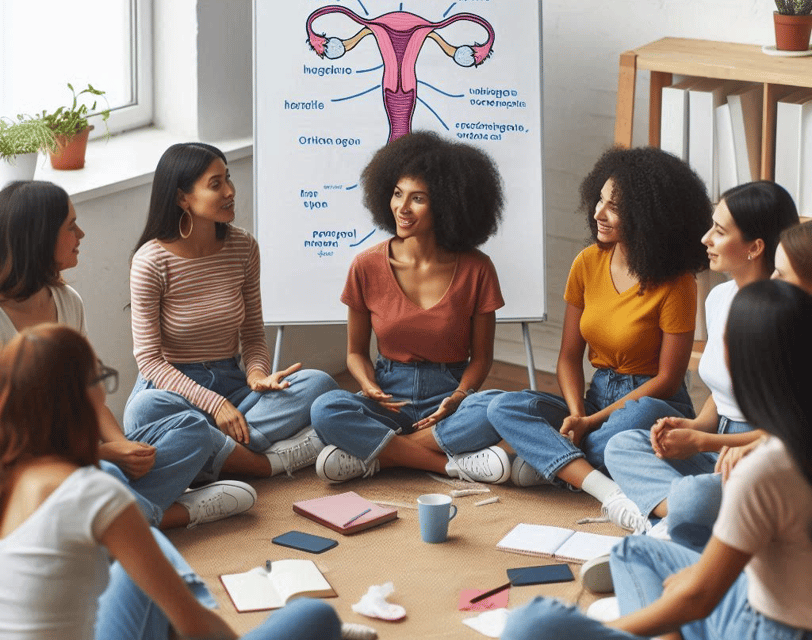Breaking the Silence: Addressing Menstrual Taboos in Modern Society
This blog delves into the persistent issue of menstrual taboos and their impact on women’s health and education. It explores the cultural, religious, and social roots of these taboos and highlights the importance of education and advocacy in dismantling them. The blog also emphasizes the role of men in the conversation and the need for policy changes to ensure access to sanitary products. Join us in breaking the silence and fostering a more inclusive and understanding society where menstruation is seen as a natural and healthy part of life.
9/20/20242 min read


In many parts of the world, menstruation remains a topic shrouded in silence and stigma. Despite significant advancements in education and healthcare, menstrual taboos persist, affecting the lives of millions of women and girls. It’s time to break the silence and address these taboos head-on, fostering a more inclusive and understanding society.
The Roots of Menstrual Taboos
Few years ago, I started researching around the social stigma about periods and menstrual health and lack of information that exists in society, especially in developing countries. I read about Period Poverty, and why millions of girls cannot afford their periods. Menstrual taboos have deep cultural, religious, and social roots. In some cultures, menstruating women are considered impure and are often subjected to various restrictions, such as being barred from religious practices, cooking, or even attending school. These beliefs perpetuate a cycle of shame and misinformation, preventing open discussions about menstrual health.
The Impact on Women’s Health and Education
The stigma surrounding menstruation has far-reaching consequences. Many girls, especially in poor communities, miss school during their periods due to a lack of access to sanitary products or fear of embarrassment. This absenteeism can lead to gaps in education and limit future opportunities. Additionally, the lack of proper menstrual hygiene management can result in serious health issues, including infections and reproductive health problems.
Education and Advocacy
Education is a powerful tool in dismantling menstrual taboos. Comprehensive sex education programs that include information about menstruation can help normalize the conversation and dispel myths. Schools, communities, and families must work together to create an environment where menstruation is seen as a natural and healthy part of life. Some states in US have several Health Standards that are identical in grades K-12. They use performance indicators to describe the depth at which a student will study each of the standards; those indicators progress in depth and application as the student moves up the grades. The states also try to inform and get Parents and Guardians involved during the Parent conferences and let them know that Parents and Guardians are most influential teachers.
Advocacy plays a crucial role in this process. Organizations and activists worldwide are working tirelessly to raise awareness about menstrual health and rights. Campaigns like “Period. End of Sentence.” and “Menstrual Hygiene Day” have brought global attention to the issue, encouraging open dialogue and policy changes.
The Role of Men in the Conversation
Menstrual health is not just a women’s issue; it affects everyone. Men and boys must be included in the conversation to foster a supportive environment. By educating men about menstruation and encouraging them to challenge stereotypes, we can create a more inclusive society where everyone feels comfortable discussing menstrual health.
Policy Changes and Access to Sanitary Products
Governments and policymakers have a significant role to play in addressing menstrual taboos. Ensuring access to affordable and hygienic sanitary products is essential. Some countries have already taken steps in this direction by eliminating taxes on menstrual products and providing free supplies in schools and public facilities.
Conclusion: A Call to Action
Breaking the silence around menstruation requires collective effort. By educating ourselves and others, advocating for policy changes, and challenging deep-seated taboos, we can create a world where menstruation is no longer a source of shame but a natural part of life. Let’s work together to ensure that every woman and girl can manage her menstrual health with dignity and pride.
